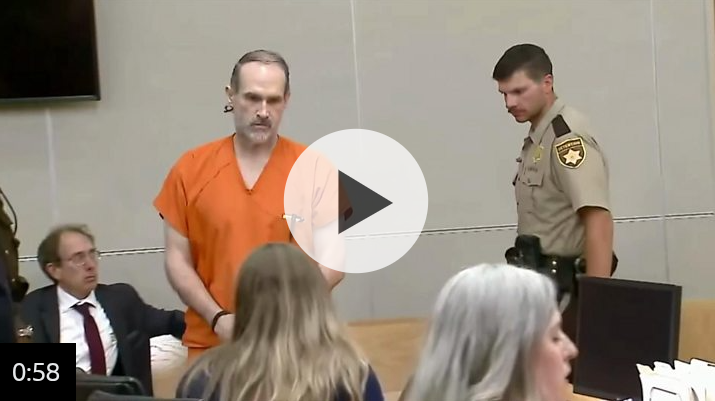In a powerful act of defiance, a group of recent graduates from Columbia University has drawn national attention by tearing up their diplomas during commencement ceremonies. This bold gesture is a response to the U.S. government’s stance on the Israeli-Palestinian conflict, particularly actions taken under the Trump administration that were perceived as heavily biased in favor of Israel. The students, many of whom identify with or stand in solidarity with the Palestinian cause, used the high-profile moment to voice their disapproval of policies they believe have contributed to the ongoing suffering in Gaza and the West Bank.
These graduates are not just challenging foreign policy decisions—they are also confronting their university’s perceived complicity. Columbia has faced criticism from student-led movements over its financial ties and political silence regarding international human rights violations. For many of the protesting students, tearing up their degrees was not simply a performance; it was a deeply personal and symbolic act of rejecting an institution they believe has failed to uphold ethical responsibility and human dignity.
Their protest reflects a broader surge in youth-led activism across college campuses in the United States. Young people, especially in academic environments, have increasingly become vocal about global issues, using both digital platforms and in-person demonstrations to demand accountability. For these Columbia graduates, the commencement ceremony—traditionally a moment of celebration—became an opportunity to raise awareness about what they view as systemic injustice supported by American foreign policy.
The act of diploma-shredding speaks volumes about the urgency and emotional weight behind the protest. These students spent years working toward these degrees, often taking on significant financial and emotional burdens. Yet, in a public and irreversible move, they discarded their hard-earned diplomas to spotlight a cause they believe is far more significant than personal achievement. Their willingness to sacrifice such a symbol of success demonstrates the depth of their commitment to the Palestinian struggle and their frustration with the status quo.
This moment at Columbia encapsulates a growing trend in which younger generations are unafraid to challenge authority and established norms when it comes to global justice. Rather than staying silent, they are using every available platform to demand a more equitable world, starting with holding their own institutions and governments accountable. Their protest was not just about policy—it was a call for humanity, empathy, and a rethinking of how power is exercised on the world stage.



